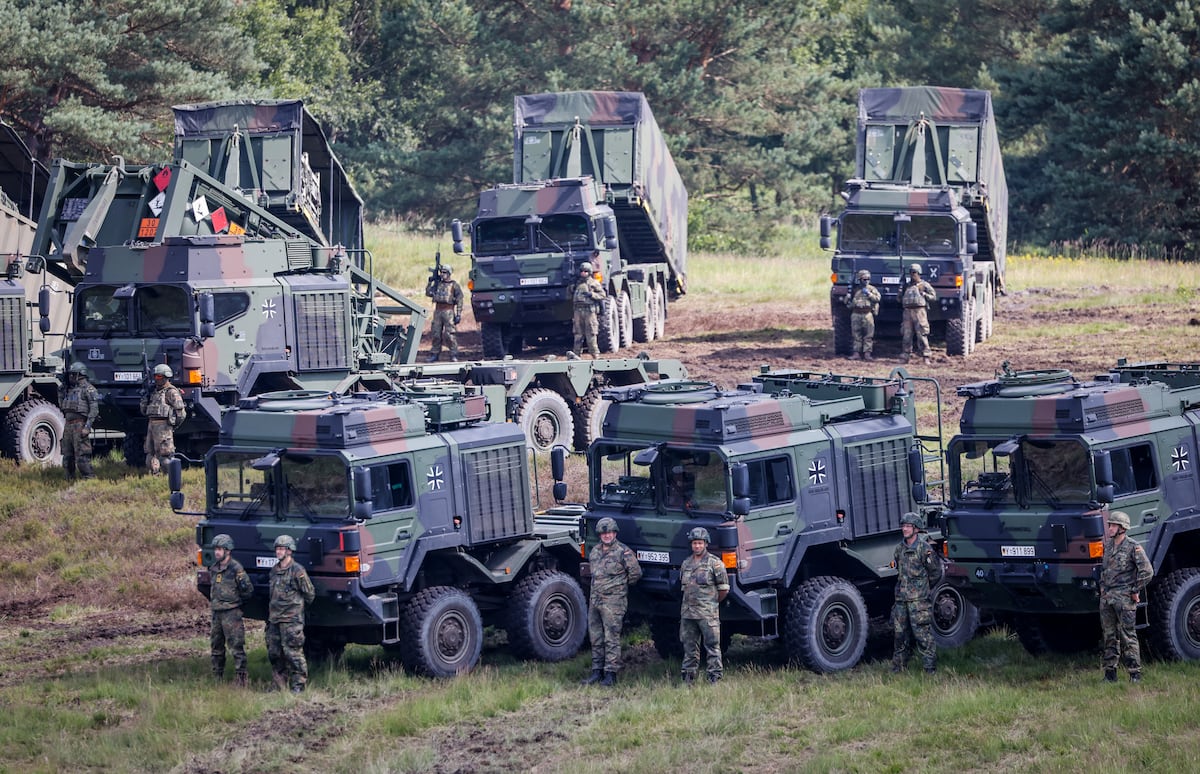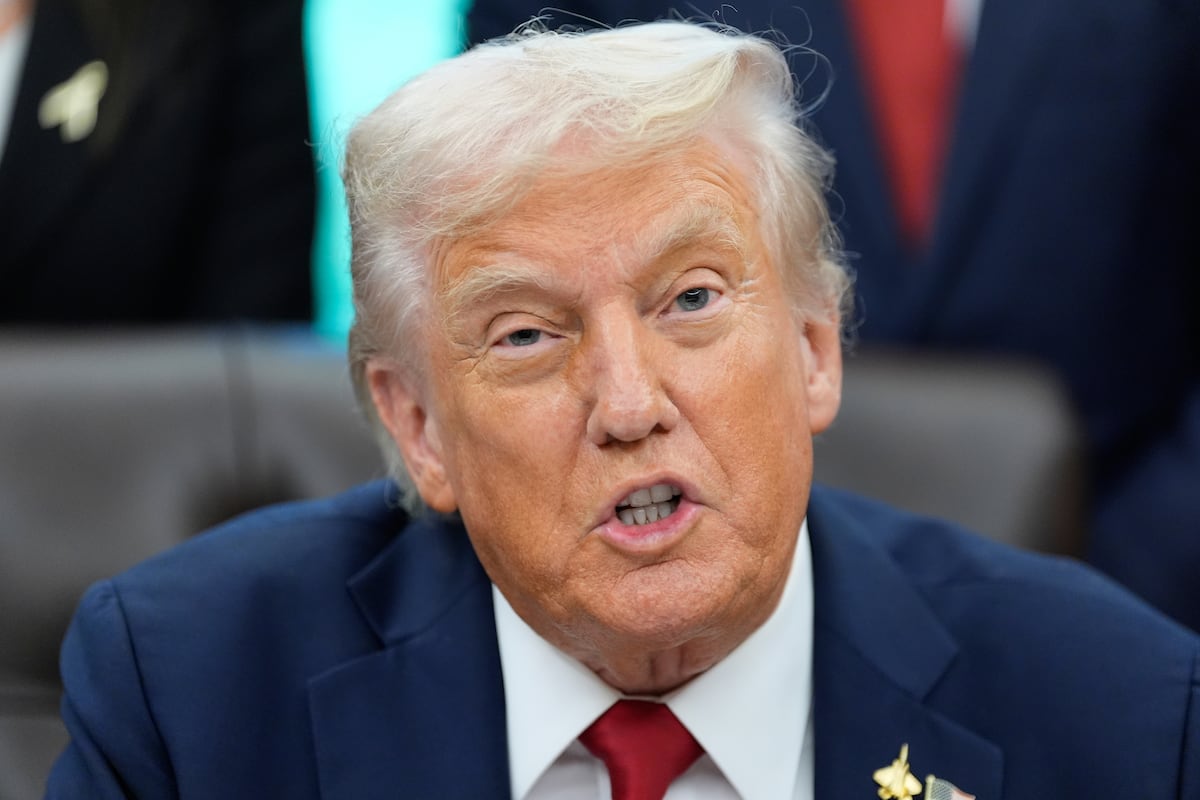THE HAGUE, Netherlands — Germany’s coalition government has approved legislation meant to streamline defense-procurement procedures, as officials face the task of translating vast military budget increases of coming years into new capabilities.
The Bundeswehr Procurement Acceleration Act (Bundeswehrbeschaffungsbeschleunigungsgesetz, in German), agreed upon by the ruling coalition on July 23, represents the most significant overhaul of German military procurement since the Cold War. The law extends until 2035 and goes far beyond the temporary measures introduced in 2022 following Russia’s invasion of Ukraine.
German minister of defense Boris Pistorius called the draft law a “quantum leap” for the country.
One provision removes the stop-work period that typically follows legal challenges against contract awards. Unsuccessful bidders currently have the power to delay procurement for years through court appeals, a mechanism that defense officials blame for chronic capability gaps.
The reform also allows procurement authorities to initiate contracts without secured financing if it’s in the interest of national defense. A disclosure to that effect would be required in tender documents to industry, according to the draft law.
Unlike its 2022 predecessor package, which focused on military equipment and was due to expire in 2026, the new law covers all Bundeswehr needs, including civilian goods and services. Certain urgent contracts will be able to bypass European Union tendering requirements entirely, limiting competition to national or European suppliers.
Three years ago, the law that the new legislation will build on was criticized for weakening institutional guardrails. At the time, Transparency International said in a report that “in its current form, the [law] primarily increases the risk of corruption in military procurements, which are already particularly prone to corruption.”
The new legislation permits authorities to restrict tenders to EU and European Economic Area bidders and mandate that procurement originate from European sources.
“Which country we buy from depends on who can quickly offer the required material,” Annette Lehnigk-Emden, director-general of the Bundeswehr’s procurement agency, told Reuters in a written interview.
Some observers have argued that the new rules will inevitably favor large defense companies, several of which are based in Europe, at the expense of startups trying to break into the military market.
“The temporary suspension of lot splitting and the privileged treatment in case of interoperability favor suppliers that are already firmly anchored in NATO and EU structures,” wrote Holger Hofmann of the Cologne-based Oppenhoff legal advisory firm. “In addition, financing risks hit small bidders much harder.”
Notably absent from the reforms is any change to the parliamentary approval requirement for defense purchases exceeding €25 million ($29 million), a threshold that requires the budget committee’s green light.
The legislation comes as Germany prepares to nearly double defense spending to meet NATO’s new spending goals and domestic ambitions, with military expenditure rising from €90 billion ($105.5 billion) in 2024 to €162 billion ($190 billion) by 2029.
Although the Cabinet has agreed on the draft law, it still needs to pass through Germany’s parliament before it enters into law. The governing coalition holds a sufficient majority in parliament.
Linus Höller is Defense News’ Europe correspondent and OSINT investigator. He reports on the arms deals, sanctions, and geopolitics shaping Europe and the world. He holds a master’s degrees in WMD nonproliferation, terrorism studies, and international relations, and works in four languages: English, German, Russian, and Spanish.
Read the full article here








Leave a Reply